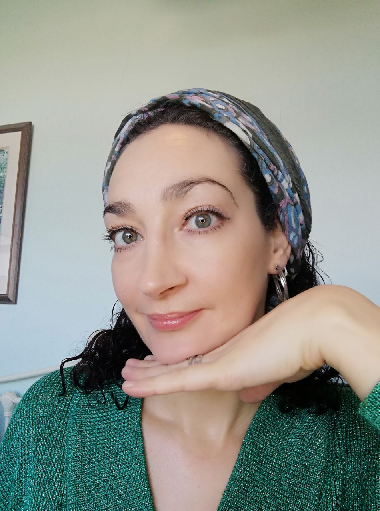Mindfulness & Self Compassion
What is Mindfulness?
Mindfulness is awareness that arises through paying attention, on purpose, in the present moment, non-judgementally,” Jon Kabat-Zinn
There is more than one way to practice mindfulness, but the goal of any mindfulness technique is to achieve a state of alert, focused relaxation by deliberately paying attention to thoughts, sensations and feelings without judgement. This allows the mind to refocus on the present moment.
The roots of mindfulness teachings date back to the early teachings of Buddha, although the practice is involved in many religions and secular traditions across the globe. It was on retreats lead by Thich Nhat Hanh that Jon Kabat-Zinn was introduced to the philosophy of Buddhism and developed his own ideas. In 1979, Kabat-Zinn developed his own programme called Mindfulness Based Stress Reduction (MBSR) which became very successful across the West, and so he has come to be known as the ‘godfather of mindfulness.’
When we start to practice mindfulness, we slowly develop an awareness of attention and are able to start focussing on the present moment. This sounds simple, but it can be tricky because life is often busy and complicated and our minds can become preoccupied with the past (thoughts, memories, regrets) or future (worries which are out of our control), this in turn can lead to stress, anxiety and low mood.
We can begin to become an observer of our own mind, and can start to detach from thoughts and getting caught up in scenarios out of our control. We can practice watching our thoughts come and go, like clouds in the sky, being able to see and observe whilst we let them float gently by, without grasping onto them. Mindfulness often focuses on the breath and can be practised formally; through guided meditations or informally through mindful eating, mindful movement or any other activity we can place our full attention on in the present moment.
Gratitude and kindness are also practiced and observed in mindfulness.
There are other aspects to mindfulness which apply to the practice, and these include; non-judging, patience, beginners mind, trust, non-striving, acceptance and letting go/letting be.
What are the benefits of practice?
Mindfulness has many benefits, and with over 3,000 scientifically backed studies in the area, there is strong evidence to show overall benefit on mental health as well as physical wellbeing.
MRI scans on the brain have proven that after an 8 week mindfulness intervention; the amygdala (fight or flight response) appears to shrink, leading to stress reduction and reduced anxiety.
Mindfulness practice can also be used for pain control, with many clinical trials showing improved pain management in patients suffering from chronic pain.
The practice of paying attention and staying in the ‘present moment’ actually re-wires the brain, leading to increased attention and focus.
Mindfulness can create a sense of connection with other beings, and a sense of compassion and belonging. This can counteract the feeling of loneliness and feeling separate from others.
The practice of mindfulness can actually ‘re wire’; the brain, which can help to break cycles or patterns, such as overeating.
Mindfulness can help to increase resilience and emotional regulation. This can be particularly helpful when working with children, and young people when supporting them through their adolescent period.
What is self-compassion?
We must look after ourselves first to be compassionate towards others. A bit like the analogy of using the oxygen mask on a plane on ourselves before helping others.
Many people, especially care-givers, find it very challenging to bring compassion to themselves as it can go against their belief system or values.
Dr Kristen Neff who has studied this subject explains in her book ‘self-compassion’, that there are 3 core components to self compassion – these are; self-kindness, a recognition of common humanity, and mindfulness.
Self kindness helps us to relate to ourselves in a way you would talk to a best friend; using positive and soothing phrases, giving compassion at times when it is needed
The recognition of common humanity helps us to step away from the feeling that we are alone in our suffering, it creates a sense of connectedness with others so we can empathise with others, but also feel less lonely.
Mindfulness creates self-awareness where we can ‘tune in’ to what we are feeling in the present, we can notice our thoughts, feelings and emotions and see what we need from ourselves in that particular moment.
Self-compassion can be a transformational way of relating to ourselves, we learn to be less harsh and judgemental, and start valuing our thoughts and opinions, tuning into our true intuition. When we come from a place of self-love and self-compassion, we build inner strength and resilience to help us deal with the challenges of life.
